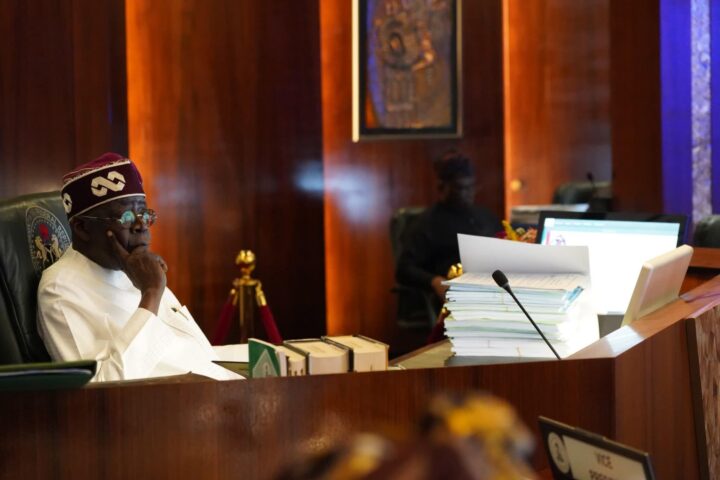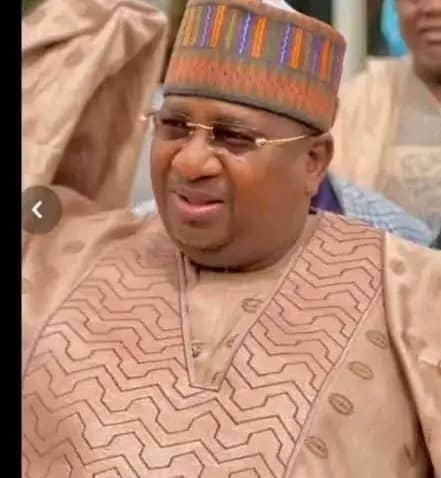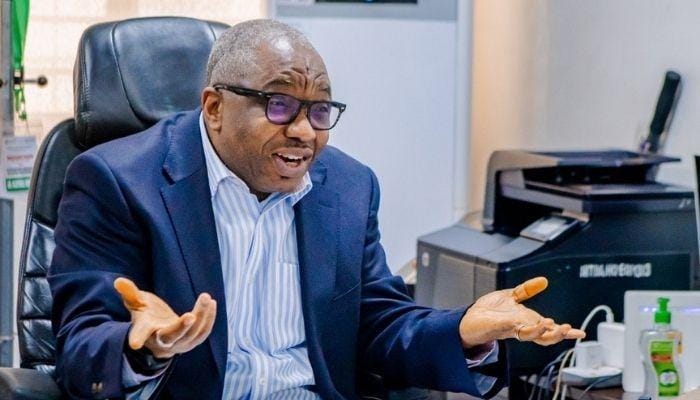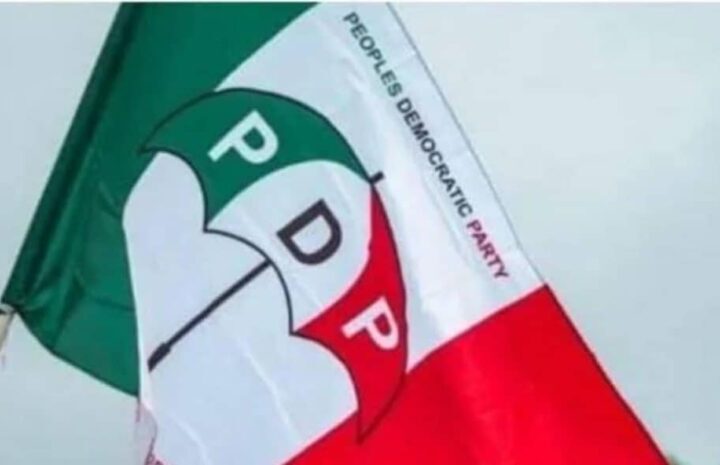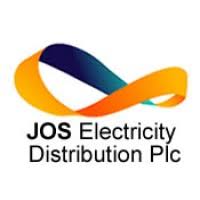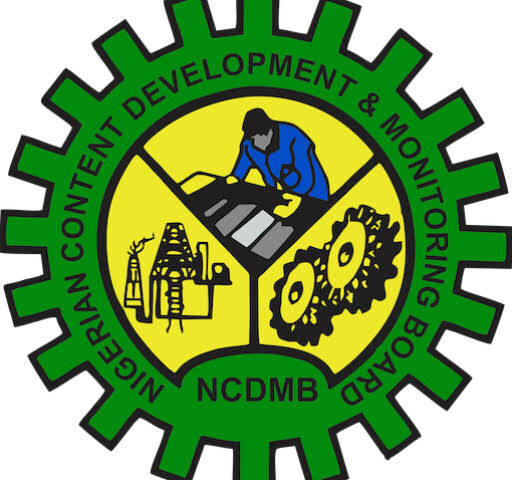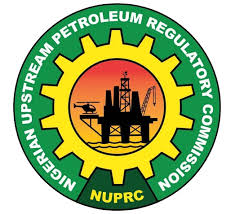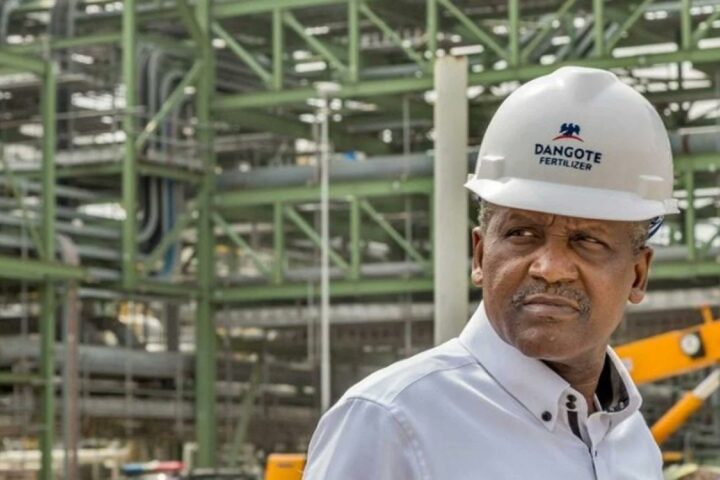The President & Co-CEO of OPAY, Mr. Olu Akanmu, says poverty level in Nigeria is worse than what the World Bank estimated.
Akanmu ,who spoke on the theme: ‘Marketing as a tool for sustainable economic development, stated this at the 11th Advertisers Association of Nigeria Africa Marketing Excellence Awards in Lagos recently.
He said,84 percent of children under five years in Nigeria are poor due to a lack of intellectual stimulation needed for childhood development. 65 percent of poor people – 86 million people – live in the North, while 35 percent – nearly 47 million – live in the South.
He added:“Cry the beloved country. Bayelsa, an oil-producing state has 89 per cent of its people poor, second only to Sokoto with 91% of its people poor. Cry the beloved country. That poverty is prevalent in Nigeria urban areas with 42% of urban poor as well as rural areas with 72 per cent of rural poor.
“With a Nigerian population of 211 million and 133 million of which are poor, 63% of our people are poor and are probably not being served by our commercial markets who will find them unprofitable. We can conclude that our high rate of social exclusion in Nigeria also translates to a high rate of commercial exclusion. That our businesses and our marketers are only serving and relevant to just about 40% of the Nigerian population or at best 50%.”
He implored organisations as well as marketers to begin to responsibly find innovative ways to solve the large social and commercial exclusion, unlock the potentials of these excluded markets with innovative service and business models that could make them profitable.
“Can we truly say we are doing responsible marketing in a country like Nigeria if most of us despite our awards tonight are not relevant to 50% of the Nigerian population,” he queried adding that “America does not have this large profound exclusion problem, at least not like our context, hence Kotler could have defined marketing with implications that only markets that could be served at a profit are worthy.
“For marketers in developing countries, he said, “Africa and in Nigeria where 50% of our population are socially excluded, we need to responsibly find innovative ways to solve our large social and commercial exclusion, unlock the potentials of these excluded markets with innovative service and business models that could make them profitable. By doing so, we will double the size of our addressable markets, and become more socially relevant while creating inclusive prosperity for all.”
Speaking to innovation, the President of the Advertisers Association of Nigeria, Osamede Uwubanmwen stated that it’s a known fact that innovation is key to ensuring our reliance and effectiveness in the scheme of things, as such ADVAN has put in place an executive council that will ensure the association is a force to be reckoned with in the industry.
“We are not financial billing plans or links to brand budgets. We are the experts, whose corporate entities have spent so much training and equipping with the needed resources to carry out their day-to-day functions. We are the expert storytellers, who bring brand stories to life,” he said.
The 11th ADVAN Africa Awards witnessed a number of brands winning top categories. For instance, Maltina, a premium malt brand from Nigerian Breweries emerged winner in the Consumer Brand of the Year with 28% votes. Milo and Indomie came second and third respectively with 17 per cent and 12 per cent votes.
Brand Manager of Haier Thermocool, Samuel Akinrimisi emerged as Brand Manager of the Year while Haier Thermocool, Maltina, and Colgate won Brand of the Year in first, second, and third positions respectively. Campaign of the Year went to Hero Beer-1st, Guinness Stout- 2nd and Milo- third position.
In other categories, Guinness Stout came top in the experiential marketing campaign of the year category with Lush Hair occupying the second spot and Goldberg & Lord’s Dry Gin sharing third place. The Indigenous Brand category went to Peak Yoghurt while Maltina and Haier Thermocool claimed second and third positions.
MTN Yellow Doctor won the CSR category with OMO and Dettol emerging second and third respectively. Legacy Brand went to FirstBank of Nigeria, Dettol & Haier Thermocool shared second position while Guinness Stout got the third spot. Meanwhile, Kellogg’s, Indomie, and Sunlight won New Brand/Revitalization Extension category in first, second and third position respectively.
Ms. Victoria Oluwaseun of Covenant University emerged winner of the Future Leader of Marketing category followed by Ajewole Roseline and Babafemi Oreoluwa in second and third respectively. Digital/Social Media Marketing Campaign went to Colgate, Budweiser and Peak Milk- first, second and third respectively while MTN, Colgate and Ariel claimed first, second and third in the Innovation category.
Premier Cool- 1st and Hypo- 2nd won in the Consumer Promotion category and in the Industry Builder-organisation category- Optimum Exposures, Daar Communications, Silverbird, TNT and Amin Mousalli were pronounced winners and in the individual category- Samuel Akinrimisi, Dorcas Mashingil, and Dr. Segun Ogunsanya were awarded for their efforts.



